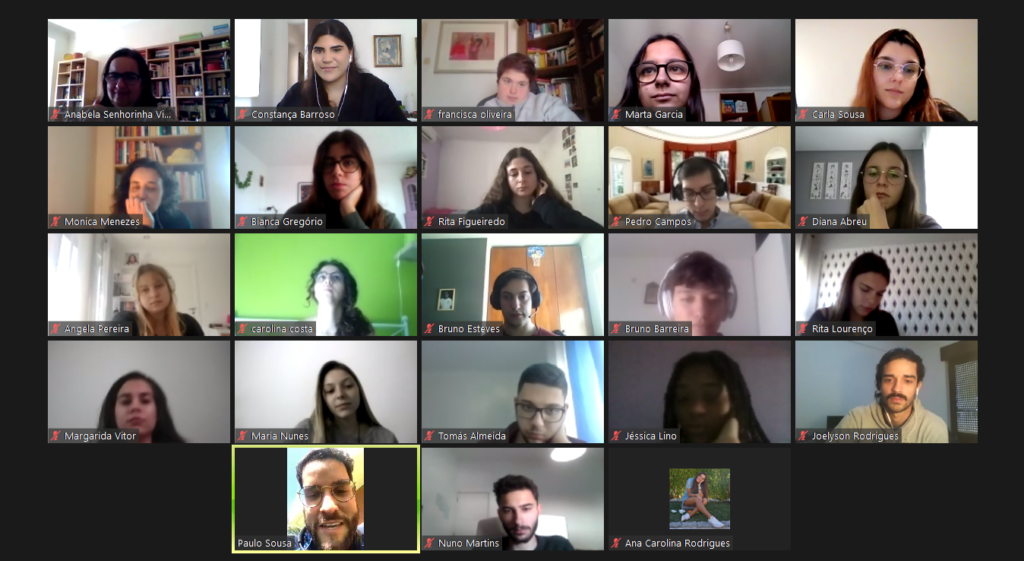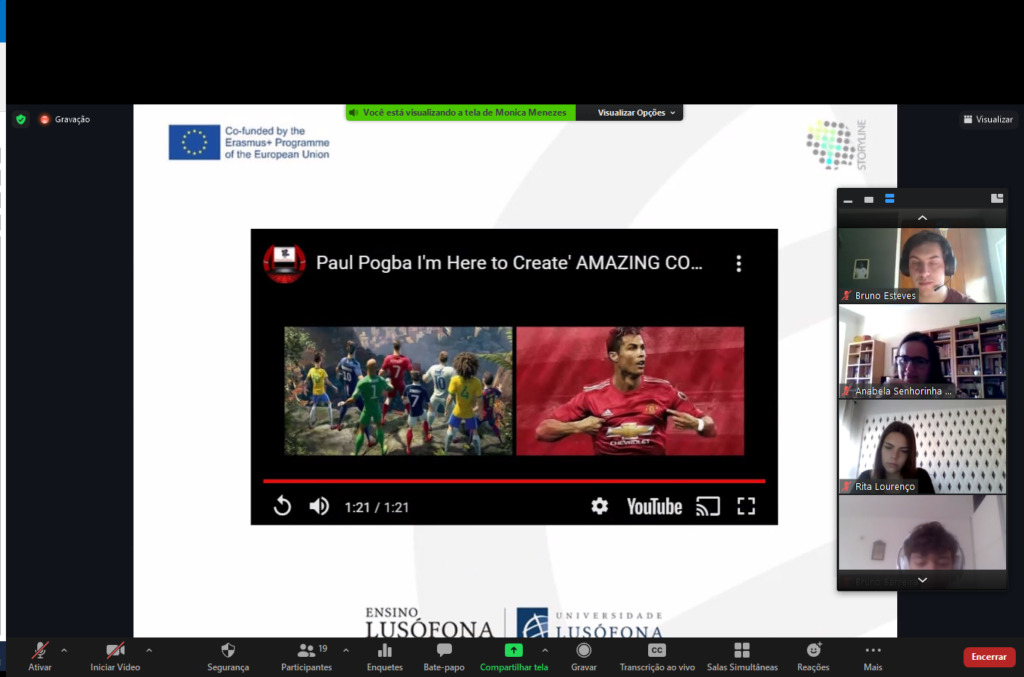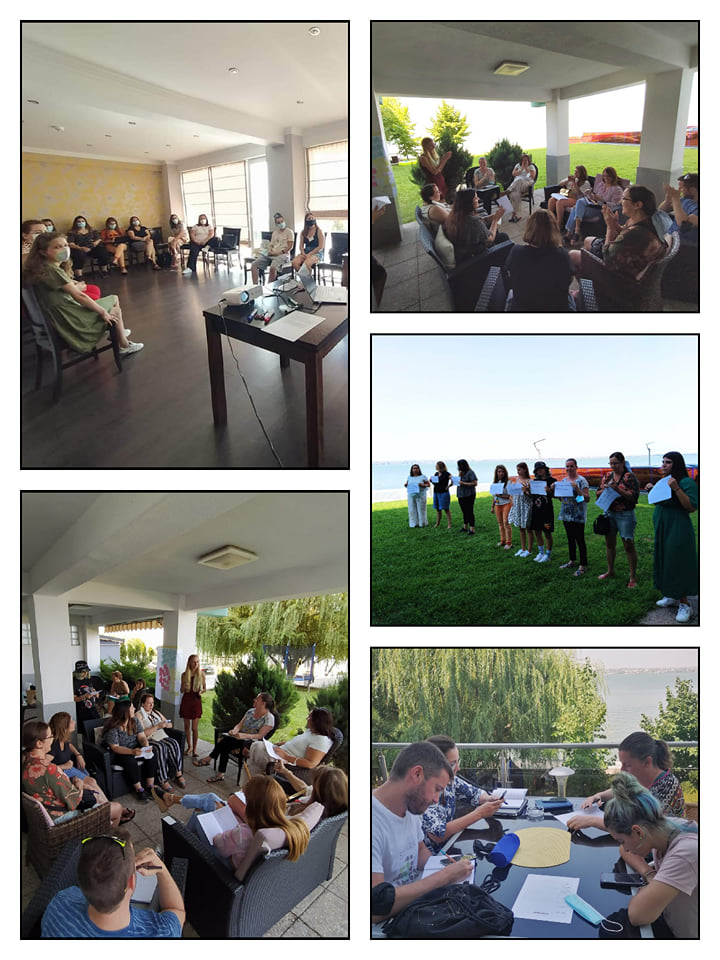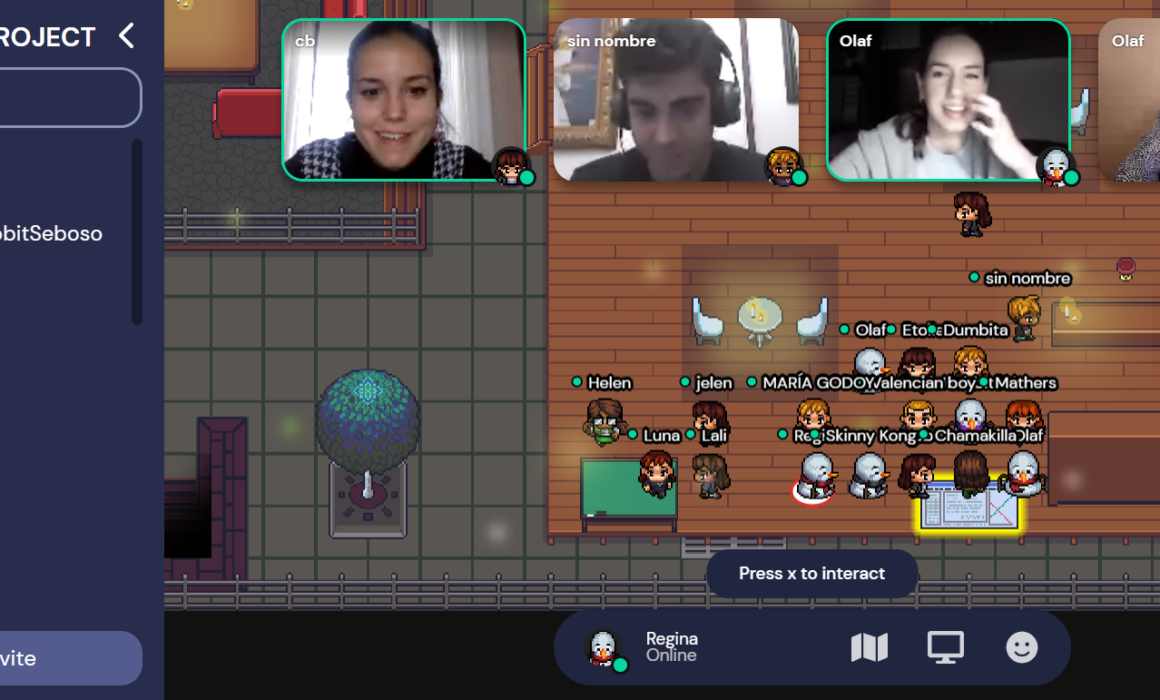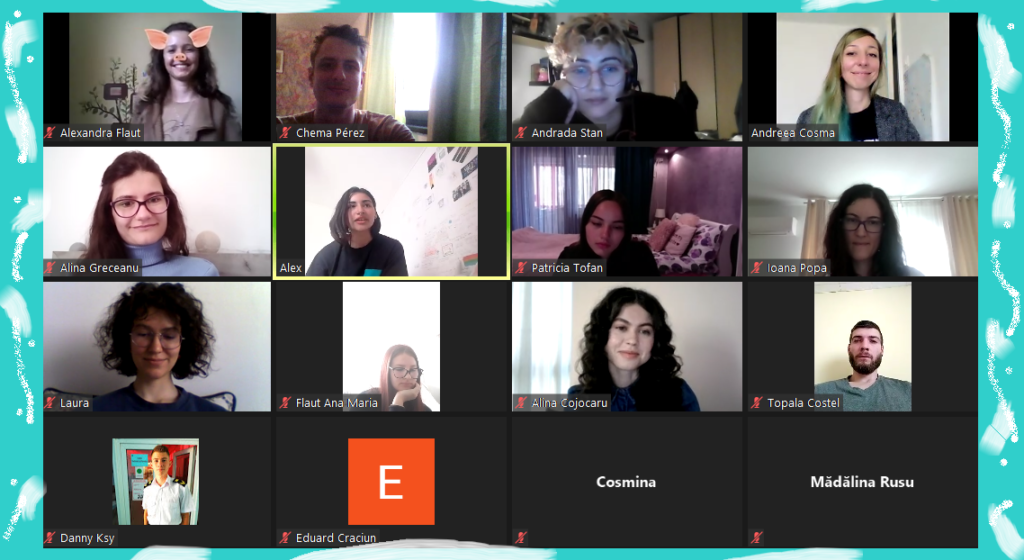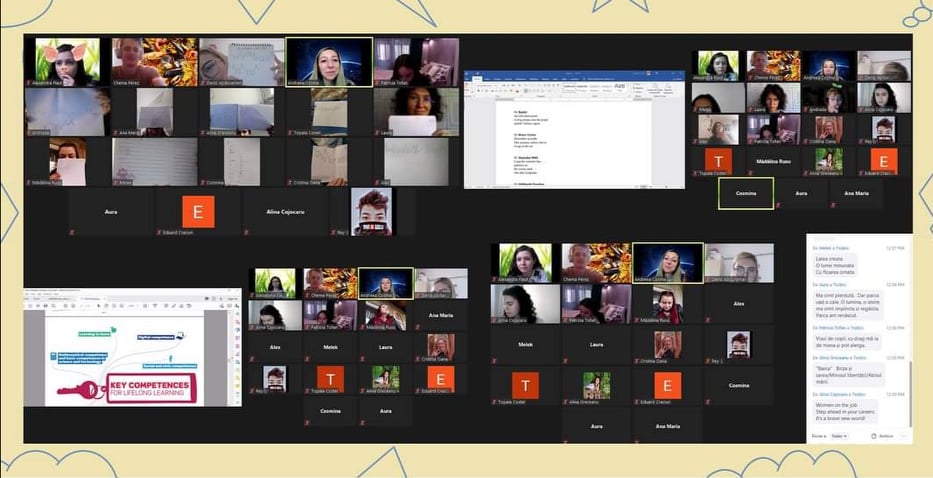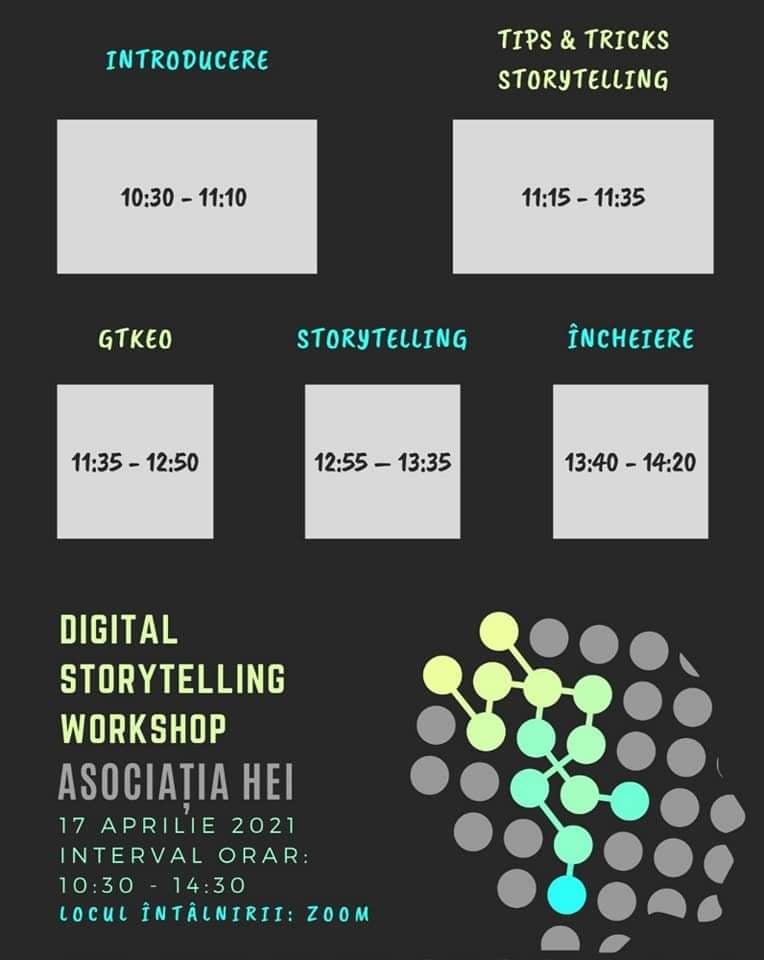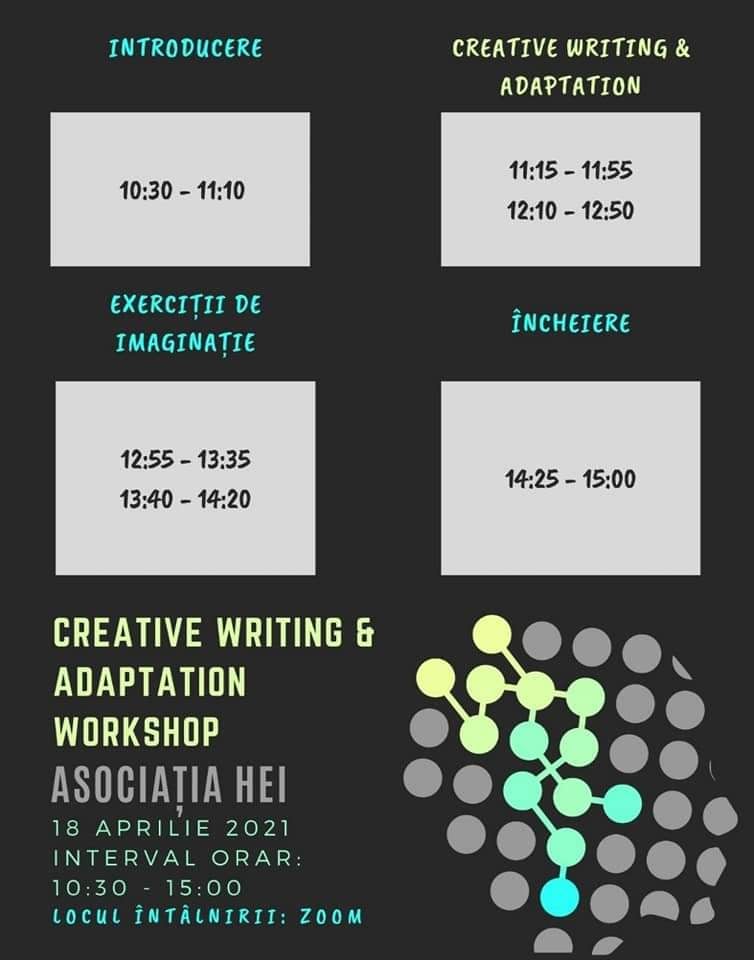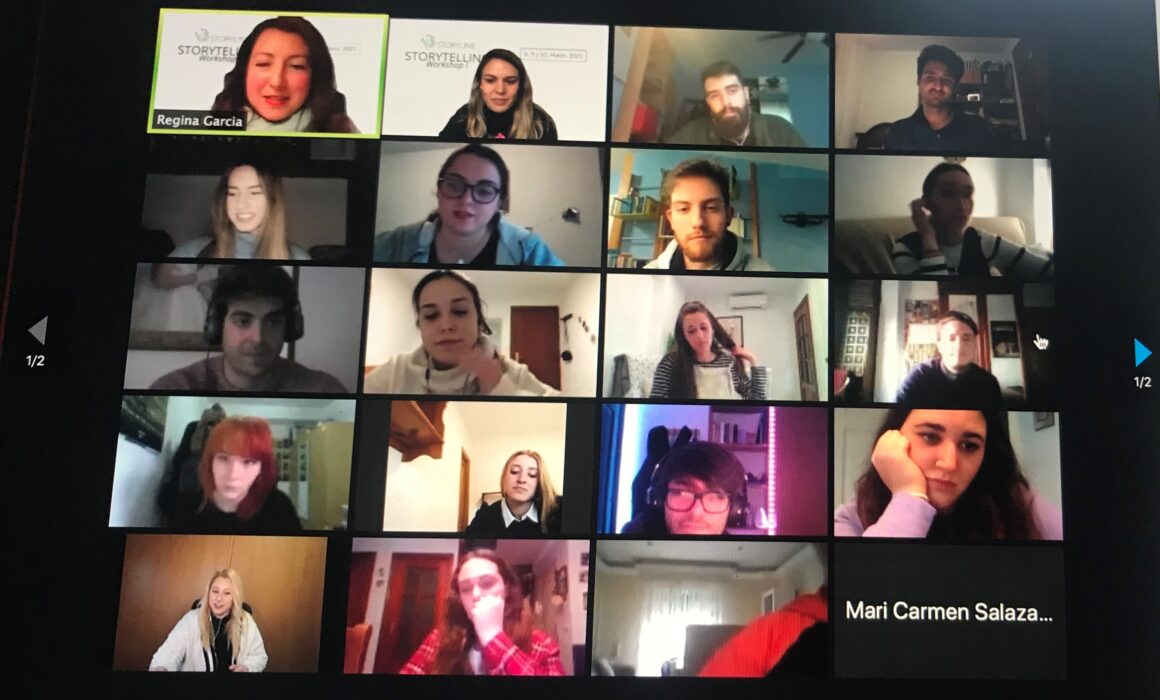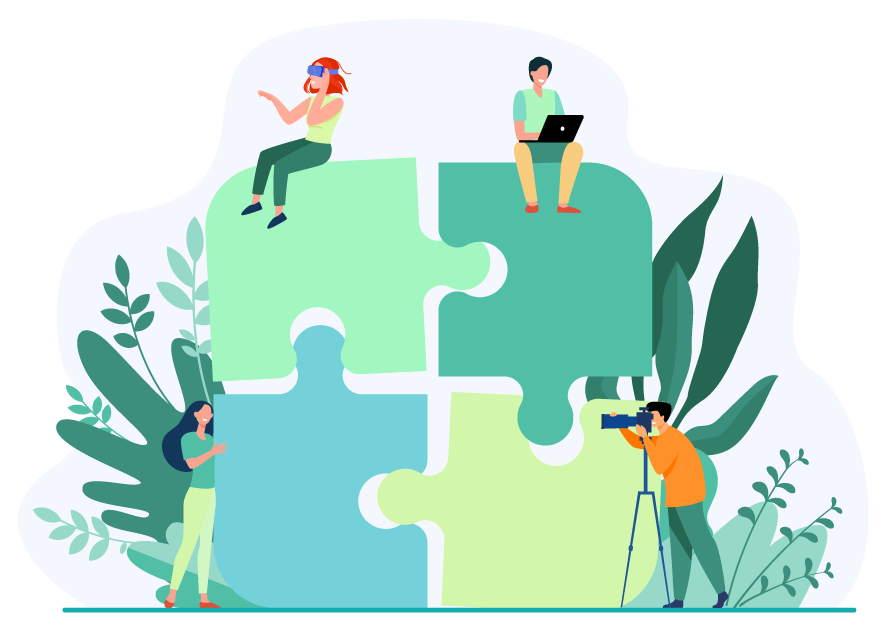Youth Workshop in Translating- Portugal
On the 18th of June, Lusófona University hosted the second Youth Workshop, with the theme Translation. The aim was to empower young people to innovate youth work in the field of translation, editing written content, and collaborative work in language learning.
The trainer was Professor Anabela Mateus, who has been working in the area for 30 years and is a researcher in the Storyline Project. Her vast experience in both translation and teaching created the perfect environment to help the young trainees to develop new skills.
As for the first Youth Workshop, due to Covid-19 safety rules, the workshop was online, but everyone enjoyed it very much!

